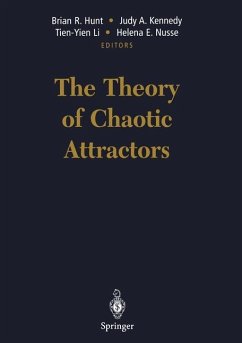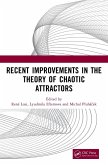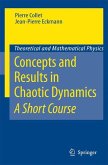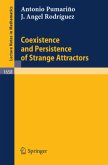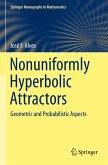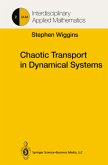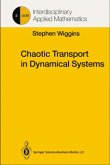The editors felt that the time was right for a book on an important topic, the history and development of the notions of chaotic attractors and their "natu ral" invariant measures. We wanted to bring together a coherent collection of readable, interesting, outstanding papers for detailed study and comparison. We hope that this book will allow serious graduate students to hold seminars to study how the research in this field developed. Limitation of space forced us painfully to exclude many excellent, relevant papers, and the resulting choice reflects the interests of the editors. Since James Alan Yorke was born August 3, 1941, we chose to have this book commemorate his sixtieth birthday, honoring his research in this field. The editors are four of his collaborators. We would particularly like to thank Achi Dosanjh (senior editor math ematics), Elizabeth Young (assistant editor mathematics), Joel Ariaratnam (mathematics editorial), and Yong-Soon Hwang (book production editor) fromSpringer Verlag in New York for their efforts in publishing this book.
Hinweis: Dieser Artikel kann nur an eine deutsche Lieferadresse ausgeliefert werden.
Hinweis: Dieser Artikel kann nur an eine deutsche Lieferadresse ausgeliefert werden.
From the reviews:
"This book is a collection, from the last 40 years, of the most influential papers in the development of chaos theory. ... The editors are eminent in this field ... . Their selection of papers is excellent ... . it is a book for mathematics graduates specializing in non-linear dynamics. ... is a well-presented and well-deserved tribute to the life's work of Professor Yorke ... . might well be as that benchmark that mathematicians of the future will view its publication hundreds of years from now." (Dennis Morris, The Mathematical Gazette, March, 2005)
"This book is a collection, from the last 40 years, of the most influential papers in the development of chaos theory. ... The editors are eminent in this field ... . Their selection of papers is excellent ... . it is a book for mathematics graduates specializing in non-linear dynamics. ... is a well-presented and well-deserved tribute to the life's work of Professor Yorke ... . might well be as that benchmark that mathematicians of the future will view its publication hundreds of years from now." (Dennis Morris, The Mathematical Gazette, March, 2005)

